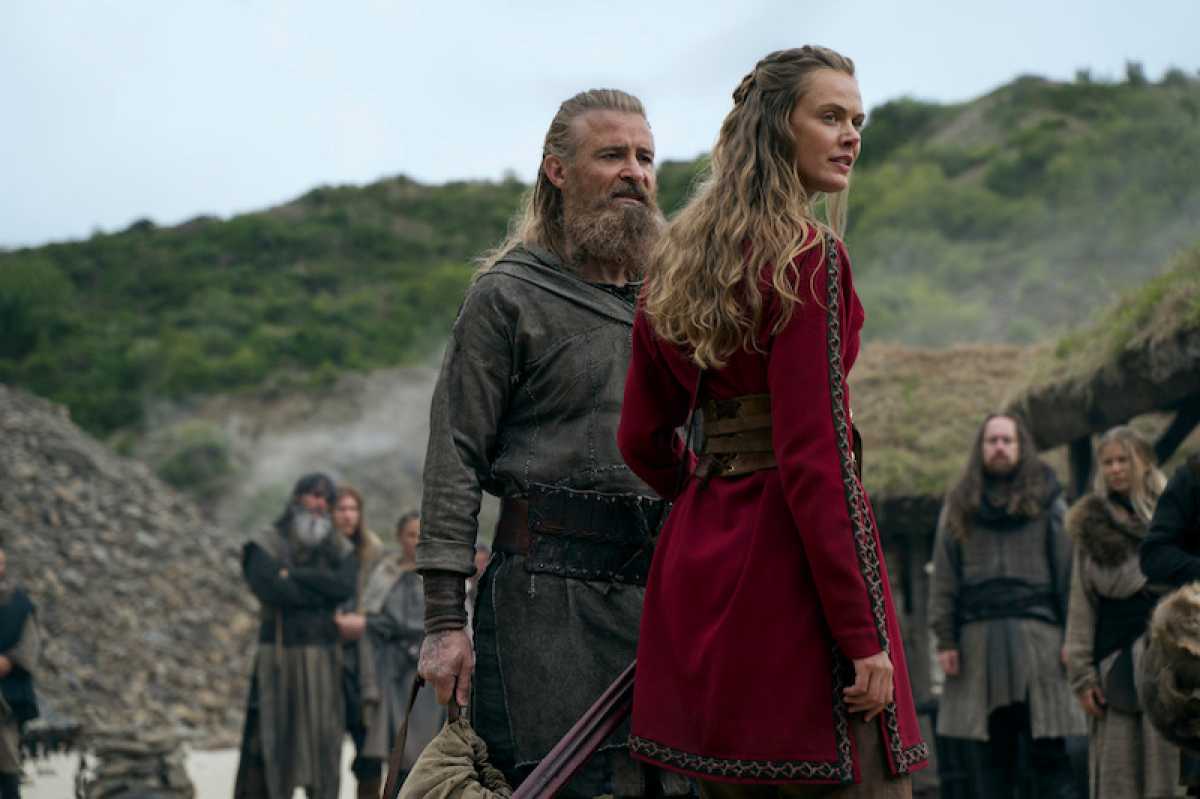Entertainment
Vikings: Valhalla Finale Marks the End of an Era for Historical Fiction Series

In the final episode of Vikings: Valhalla, the age of seafaring and ax-waving ends in a blaze of glory. Flames surround Scandinavian spiritual warrior Freydís Eiríksdóttir (Frida Gustavsson) as she delivers an impassioned speech while tied to a stake.
The pagan leader escapes death once again with the help of her cunning brother Leif Eriksson (Sam Corlett), the legendary explorer alongside Norwegian prince Harald Sigurdsson (Leo Suter).
The main trio’s return to Kattegat was all part of creator Jeb Stuart’s plan. “
Looking back at the four years of production, Stuart remembers the victories and challenges that brought the historical fiction drama to life.
Pulled from historical sources and semi-mythic tomes, Stuart presents the Viking era in a new light.
However, the bond among our three heroes doesn’t end with the final episode of Vikings: Valhalla.
Throughout the season, Suter says he honed in on the journey of the freewheeling Harald.
By the final episode, Harald had become so hardened that his order to burn Freydís at the stake was no surprise to those who had faced his wrath.
Leif returns to Norway, where it all began, to find a boat that could take him to the golden land he saw as a child.
Stuart says that their marriage was a perfect setup for conflict: Emma was the widow of his conquered foe, and Canute was the Viking taking over.
But the sagas were written centuries after the Viking Age, mostly by Christians who were victims of raids. Those imaginative histories helped Stuart have the freedom to craft Freydís.
While fans probably aren’t embarking on Viking-sized adventures and conflicts in their real lives, Corlett says there’s a lot to take away from the series.












